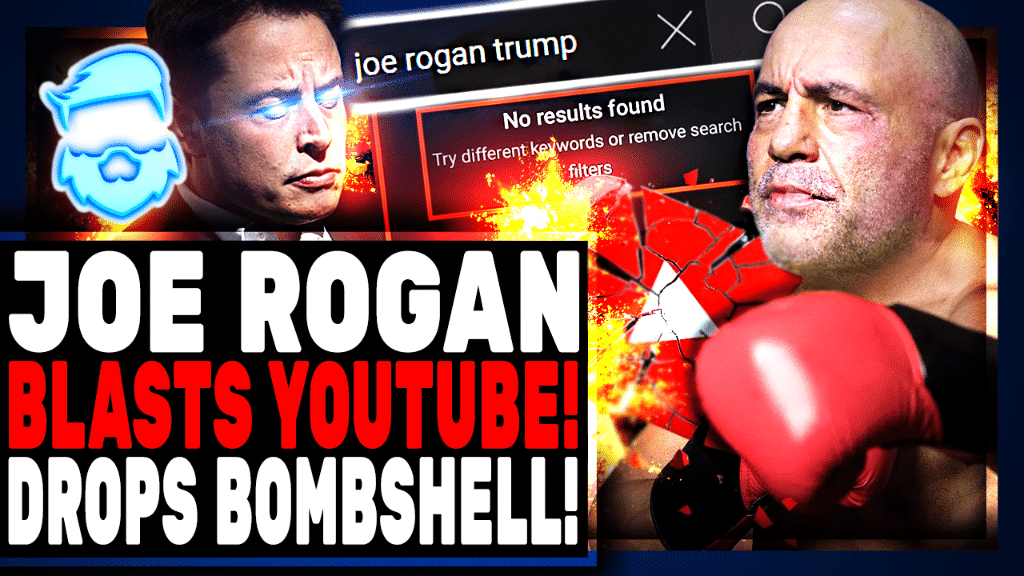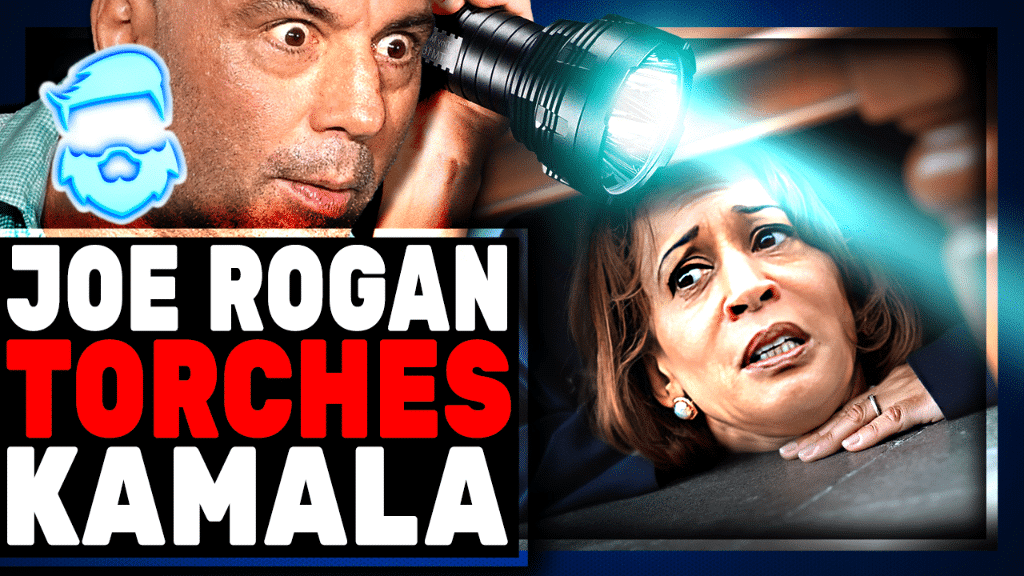Elon Musk ignored a reporter’s requests to end an interview several times and continued talking for 30 more minutes late Tuesday night.
The Twitter owner sat down for an impromptu interview with BBC tech correspondent James Clayton and opened up about his takeover of Twitter, laying off employees, working habits and more.
As the conversation reached the 50 minute mark, Clayton repeatedly tried to wrap up the interview, which was being recorded live on Twitter Spaces, but Musk had other plans. The billionaire instead said he wanted to take questions from around three million users who were following the interview on Twitter, per the BBC.
Musk started joking around with the BBC reporter asking him if he likes the broadcasting organization and slipped in a few innuendos, to which Clayton refused to respond.
“I think we can finish the interview there,” Clayton then said, but Musk continued laughing and scrolling on his phone looking for more questions.
The back and forth exchange continued with Clayton saying that he wasn’t going to respond to any questions and finally: “I’m done with this interview.”
Clayton then posted on Twitter: “Ok so usually the interviewee leaves the interview. Elon Musk now taking questions on Spaces.”
The BBC interview ended at the 59 minute mark, but the exchange continued on Twitter Spaces for a further 30 minutes, as Musk invited speakers on to ask him questions.
When Clayton remarked that he thought Musk was very “pressed for time” and had only half an hour to speak, Musk responded: “I know but it’s so good, we just gotta keep going.”
The spontaneous BBC interview came about after Clayton emailed Musk about labelling the BBC as “government-funded media,” on Twitter. Musk responded personally to the email so Clayton asked if he’d like to do an interview to which the CEO said: “Let’s do it tonight.”
The interview covered a wide range of topics with Musk admitting he should stop tweeting past 3 a.m., that he sometimes sleeps on a couch in a library at Twitter’s headquarters, and saying that laying off Twitter staff was “one of the hardest things” he’s had to do.

















